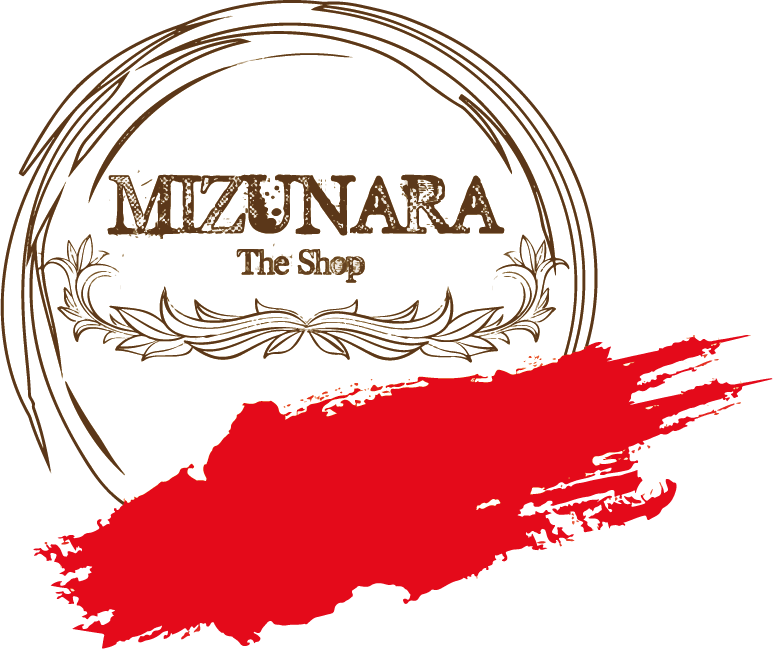To "e" or not to "e" is the question? But does it make a difference?
The flavour of the WHISKY is the same with a "u" as the flavor of Whiskey without a "u"! It doesn't really matter.
But why is then, a Scotch "WHISKY" and a Bourbon "Whiskey" ? Lets find out more....Because it can be a great conversation starter!
The "Generalisation"
The origin of the word WHISKY (or Whiskey) lies in the Gaelic (an ancient Celtic language) word "Uisce beatha", meaning Water of Life. In fact the spelling controversy could have even started right here..since the Scottish version of Gaelic spells it as "Uisge beatha" with a g instead of a c!
Fast forward to more recent times and you may have heard that the spelling may be different depending on the location of the Whisky producer e.g. WHISKY without 'e' : Scotland, Canada, Japan, Australia, Taiwan, India etc. Whiskey with an 'e' : United States and Ireland.
But is that true? and also why do they spell it differently in the first place?
A Bit of History
Lets start by examining some old labels (below) in Ireland! And lo and behold...it seems that they originally also spelt it as WHISKY (without an "e"), the same as Scotland. So how did we end up with all this confusion about Irish distilleries adding an "e" to their Whiskey.


The story starts around the 1830s when an Irish Excise Tax Inspector (of all the people!) - Aeneas Coffey, invented the "Column Still" (also known as the "Coffey Still" see images below) with the purpose of enhancing the efficiency and lowering the cost of distillation (effectively by implementing a continuous distillation of the spirit that resulted in lighter/perhaps less flavourful spirit albeit at a higher ABV). However, the Irish distillers dismissed it, as they believed it was inferior to their "original" Pot Distilled WHISKY.

Pictures source: scotchwhisky.com
After being rejected by his countrymen, guess where Mr. Coffey took his invention....yes, you guessed it right! Scotland - where his innovation was welcomed with open arms by the "thrifty" Scots. The Column Still (largely used for production of grain whisky) was instrumental in bringing down the overall cost of the Whisky immensely and ultimately the growth and dominance of Scotch WHISKY (which eventually was led by "blended" Scotch WHISKYgiven the availablity of cost efficient grain whisky).

However, the traditional Irish distillers sought to differentiate themselves from this "inferior" WHISKY and decided to introduce the "e" into the Whiskey to denote the superior Irish Whiskey made from traditional Pot Stills. Thus, began the use of the word "WhiskEy" in Ireland. As with most controversial topics, if you ask some of the Irish distilleries/historians - the story behind the "e" may be somewhat different! But we will not get into that controversy.
So in the US and Ireland is the "E" required by Law?

The E in the Whiskey travelled to the US along with mass migration from Ireland to the US (very similarly to the larger Scot populace that went to Canada than did the Irish, and who did not carry the E with them). Surprisingly though in 1968 the US Bureau of Alcohol, Tobacco and Firearms actually specified the spelling of the indigenously produced spirit should be – Whisky (what? no E here!). This was later relaxed and left as a choice of the producer.
Various brands such as Maker’s Mark continue to spell without the E perhaps as homage to their Scottish ancestry (see label above).

What about Ireland then? The EU technical file specifies that all Irish whiskeys must bear the sales denomination “Irish Whiskey” or “Uisce Beatha Eireannach” or “Irish Whisky”.
The Conclusion
Good to know and to keep in the back of our mind, but lets pay more attention to the liquid in the glass - regardless of where it is from - Scotland, Japan, Ireland, America or Canada! Its the flavour that matters (or is it the flavor?) #Kanpai #Slàinte Mhath



